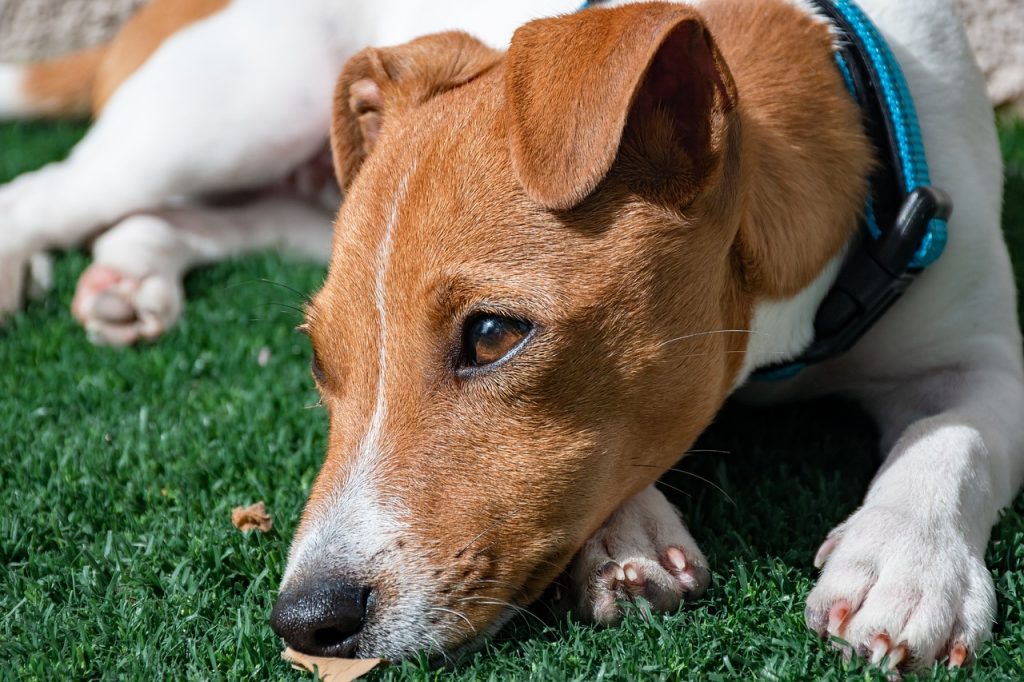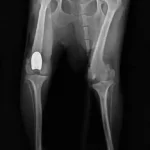Vomiting in dogs is a common issue that can range from mild stomach upset to a sign of a serious medical condition. While occasional vomiting may not be alarming, frequent or severe episodes require attention. This guide covers the causes of vomiting in dogs, home remedies, when to see a vet, and prevention tips to keep your dog healthy.
Why Is My Dog Vomiting?
Before treating vomiting at home, it’s important to understand possible causes:
Common Causes of Vomiting in Dogs
✔ Dietary Indiscretion – Eating garbage, spoiled food, or foreign objects.
✔ Sudden Diet Changes – Switching food too quickly.
✔ Food Allergies or Intolerances – Reactions to certain ingredients.
✔ Bacterial or Viral Infections – Parvovirus, gastroenteritis.
✔ Parasites – Worms (roundworms, hookworms).
✔ Toxins or Poisoning – Chocolate, xylitol, pesticides.
✔ Motion Sickness – Car rides or stress.
✔ Heatstroke or Overheating – Excessive panting and vomiting.
✔ Underlying Health Issues – Kidney disease, pancreatitis, liver problems.
Vomiting vs. Regurgitation: Know the Difference
- Vomiting – Active process with retching, bile, or undigested food.
- Regurgitation – Passive expulsion of food (often due to esophageal issues).
When to See a Vet Immediately
Some cases of vomiting require emergency veterinary care. Seek help if your dog shows:
🚨 Blood in vomit (red or coffee-ground appearance)
🚨 Repeated vomiting (more than 3 times in 24 hours)
🚨 Lethargy, weakness, or collapse
🚨 Bloated or distended abdomen (possible GDV – a life-threatening condition)
🚨 Diarrhea with vomiting (especially if bloody)
🚨 Signs of poisoning (seizures, drooling, tremors)
🚨 No improvement after 24 hours of home care

Home Remedies for Mild Vomiting in Dogs
If your dog is otherwise alert, hydrated, and only vomiting occasionally, try these steps:
1. Withhold Food for 12-24 Hours (Fasting)
- Adult dogs: No food for 12-24 hours (but offer water).
- Puppies & small breeds: Limit fasting to 4-6 hours (they can get hypoglycemic).
- Important: Never withhold water unless your dog is vomiting immediately after drinking.
2. Offer Small Amounts of Water or Ice Cubes
- Dehydration risk: Vomiting leads to fluid loss.
- Solution: Give 1-2 teaspoons of water every 15-30 mins.
- If they keep vomiting water, try ice chips instead.
3. Introduce a Bland Diet
After fasting, feed:
✔ Boiled white rice + boiled chicken (no skin or seasoning)
✔ Plain pumpkin (not pie filling) – helps with digestion
✔ Bone broth (electrolytes & hydration)
- Feed small portions (1-2 tbsp every 2-3 hours).
- Gradually reintroduce regular food over 2-3 days.
4. Probiotics for Gut Health
- Plain yogurt (no xylitol) or dog-specific probiotics can help restore gut bacteria.
5. Ginger for Nausea
- Ginger tea (cooled): ¼ tsp for small dogs, ½ tsp for medium, 1 tsp for large breeds.
- Ginger snaps (dog-safe, minimal sugar) can also help.
6. Keep Your Dog Calm & Rested
- Avoid exercise or excitement until vomiting stops.
What NOT to Do When Your Dog Is Vomiting
❌ Don’t force food or water – This can trigger more vomiting.
❌ Avoid human medications (Pepto-Bismol, Imodium) unless prescribed by a vet.
❌ No fatty or spicy foods – Can worsen stomach upset.
❌ Don’t ignore repeated vomiting – Could indicate a blockage or serious illness.
Preventing Future Vomiting Episodes
1. Feed a Consistent, High-Quality Diet
- Avoid sudden food changes (transition over 7-10 days).
- Choose digestible, vet-approved dog food.
2. Prevent Scavenging & Eating Harmful Objects
- Use a slow feeder bowl to prevent gulping.
- Keep trash secured and toxic foods out of reach.
3. Regular Deworming & Vaccinations
- Follow your vet’s parasite prevention plan.
- Keep core vaccines (parvovirus, distemper) up to date.
4. Avoid Overexertion After Meals
- Wait 1-2 hours after eating before intense play.
5. Monitor for Food Allergies
- If vomiting is frequent, consider an elimination diet.
When to Call the Vet
Even with home care, consult a vet if:
⚠ Vomiting lasts more than 24 hours
⚠ Your dog can’t keep water down
⚠ Signs of dehydration (dry gums, sunken eyes, lethargy)
⚠ Weight loss or appetite changes
Final Thoughts
Most cases of vomiting in dogs are mild and resolve with home care, but persistent or severe vomiting needs professional attention. By following these steps—fasting, hydration, bland diet, and rest—you can help your dog recover safely.
Always err on the side of caution—if in doubt, call your vet! 🐶💙



